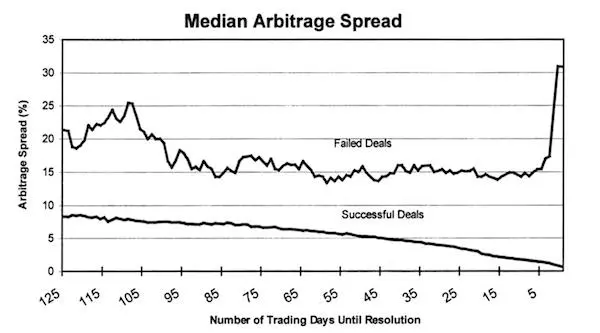Some circumstances can hinder or prevent arbitrage. A discount or premium may result from currency market liquidity differences, which is not a price anomaly or arbitrage opportunity, making it more challenging to execute trades to close a position. Arbitrage demands rapid execution, so a slow trading platform or trade entry delays can limit opportunity. Time sensitivity and complex trading calculations require real-time management solutions to control operations and performance. This need has resulted in the use of automated trading software to scan the markets for price differences to execute forex arbitrage.
Forex arbitrage often requires lending or borrowing at near to risk-free rates, which generally are available only at large financial institutions. The cost of funds may limit traders at smaller banks or brokerages. Spreads, as well as trading and margin cost overhead, are additional risk factors.
While arbitrage trading provides prospects of profiting, there is always a possibility of a trader incurring losses on the things not going as expected.
Tracking of mergers and acquisitions, as well as other corporate developments to benefit from arbitrage trading, is not easy. Similarly, traders can end up opening positions at advance and extreme levels to benefit from them, thus leaving little room for success.

Risk arbitrage trading also requires some level of expertise and experience as there is always a great risk of merger and acquisition deals collapsing. Similarly, a trader could end up losing out on a big premium on a deal collapsing. Whenever M&A deals, collapse price tends to revert to original levels, which could result in significant losses.
In some cases, acquirers or bidders over price when bidding to boost their share price in the long run. When an overpriced deal fails to go through, markets tend to cheer, consequently sending the bidder’s share price up.
